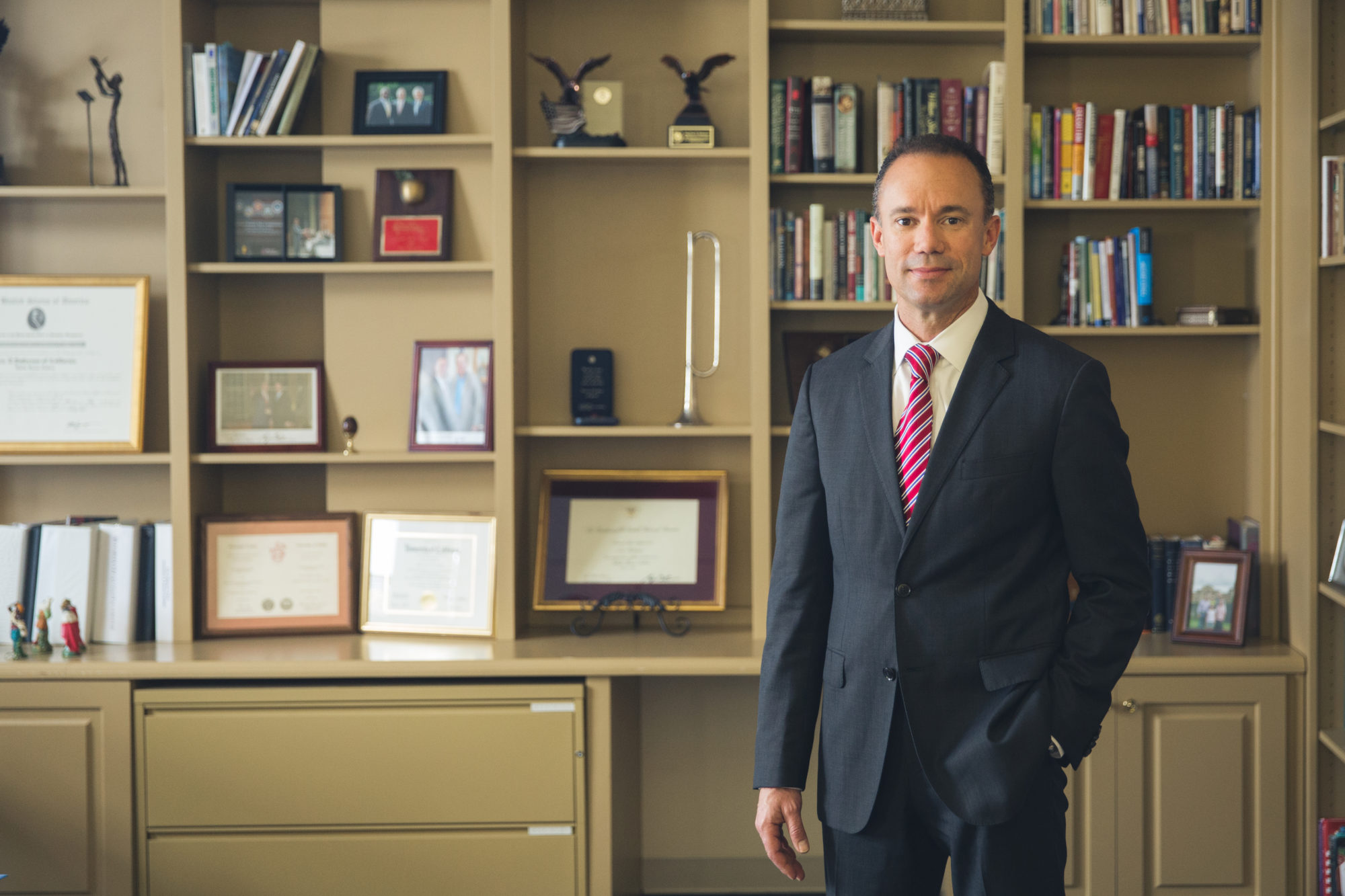On January 18, America will commemorate the legacy of Martin Luther King, Jr., whose work and legacy embody the spirit of religious freedom.
Long after his death, Martin Luther King, Jr. continues to stir our hearts with his appeal to the nobility of every human being made in the image of God. The moral equality he emphasized in soaring speeches, from Los Angeles to Memphis to the steps of the Lincoln Memorial, aimed to secure fundamental freedoms for all Americans, regardless of race. In his “I have a Dream Speech,” King declared:
When the architects of our republic wrote the magnificent words of the Constitution and the Declaration of Independence, they were signing a promissory note to which every American was to fall heir. This note was a promise that all men – yes, black men as well as white men – would be guaranteed the unalienable rights of life, liberty and the pursuit of happiness.
This same principle of the moral equality of all human beings is the basis of religious freedom. King, as a Christian, believed that all people have moral equality before God. That equality is the basis for his famous argument, written on scraps of newspaper from a cell in Birmingham jail, distinguishing just and unjust laws. King argued:
A just law is a man-made code that squares with the moral law or the law of God. An unjust law is a code that is out of harmony with the moral law. To put it in the terms of St. Thomas Aquinas: An unjust law is a human law that is not rooted in eternal law and natural law. Any law that uplifts human personality is just. Any law that degrades human personality is unjust.
What could be more unjust than laws designed to repress humanity’s search for the profound questions about ultimate things? As RFI President Tom Farr has written, “if we are not free to pursue those answers, and to live according to the truths we discover, we cannot live a fully human life.” That is religious freedom.
To continue reading, please visit the original post at the Religious Freedom Institute.







 Live in the DC area? Sign-up for Providence's in-person events list!
Live in the DC area? Sign-up for Providence's in-person events list!